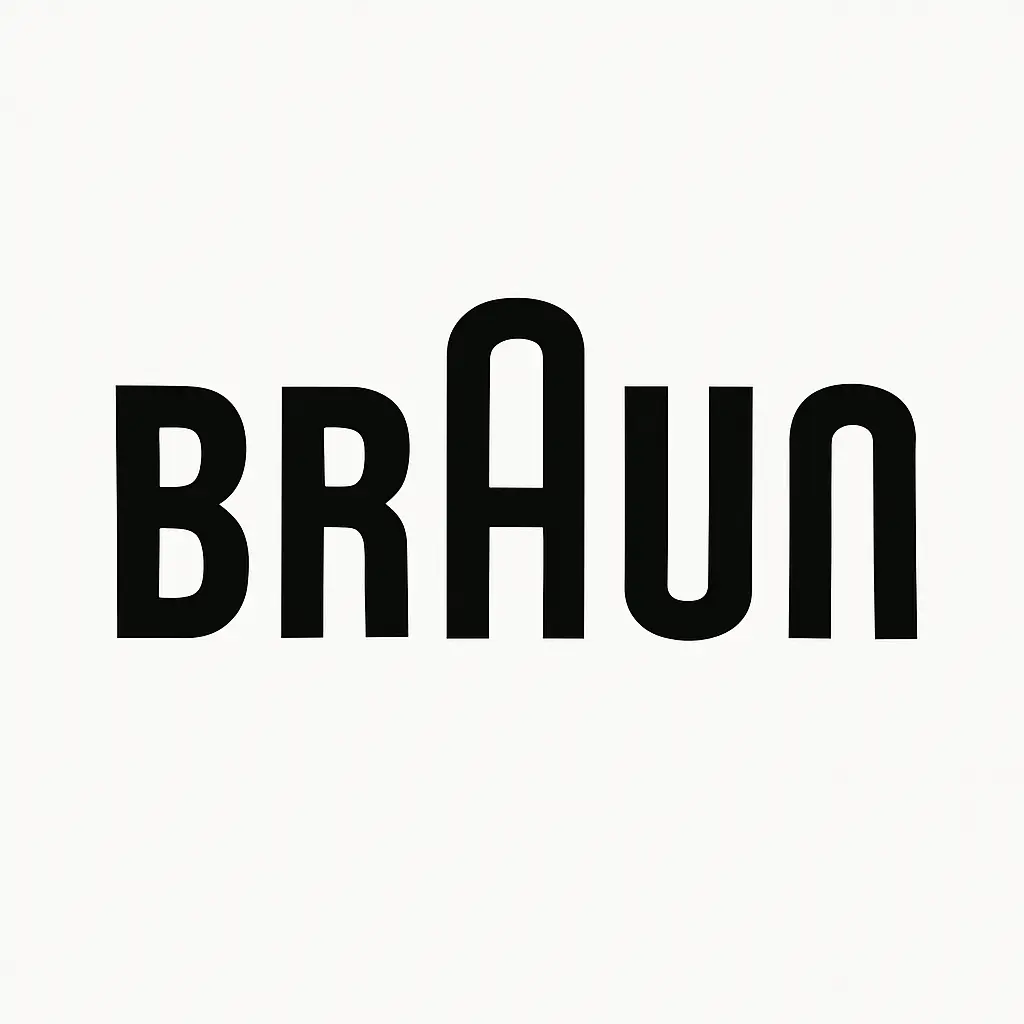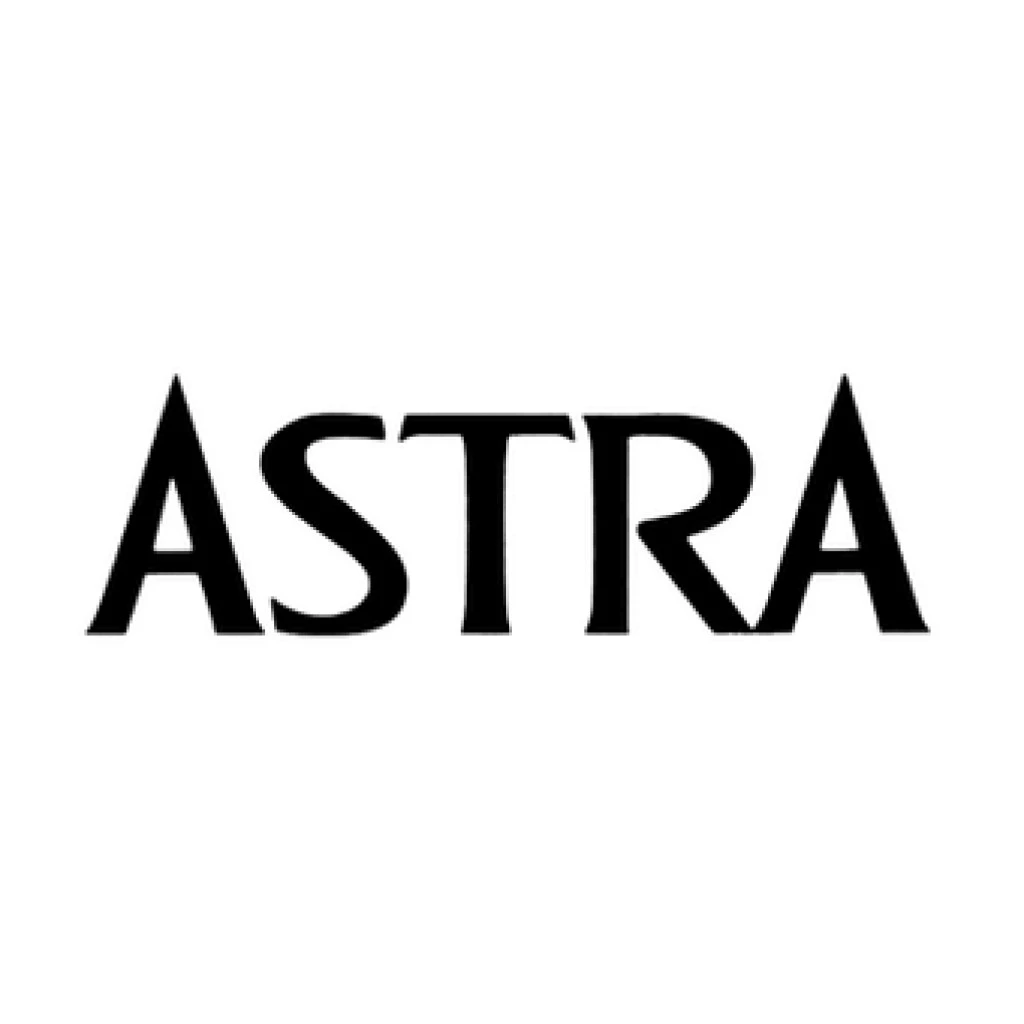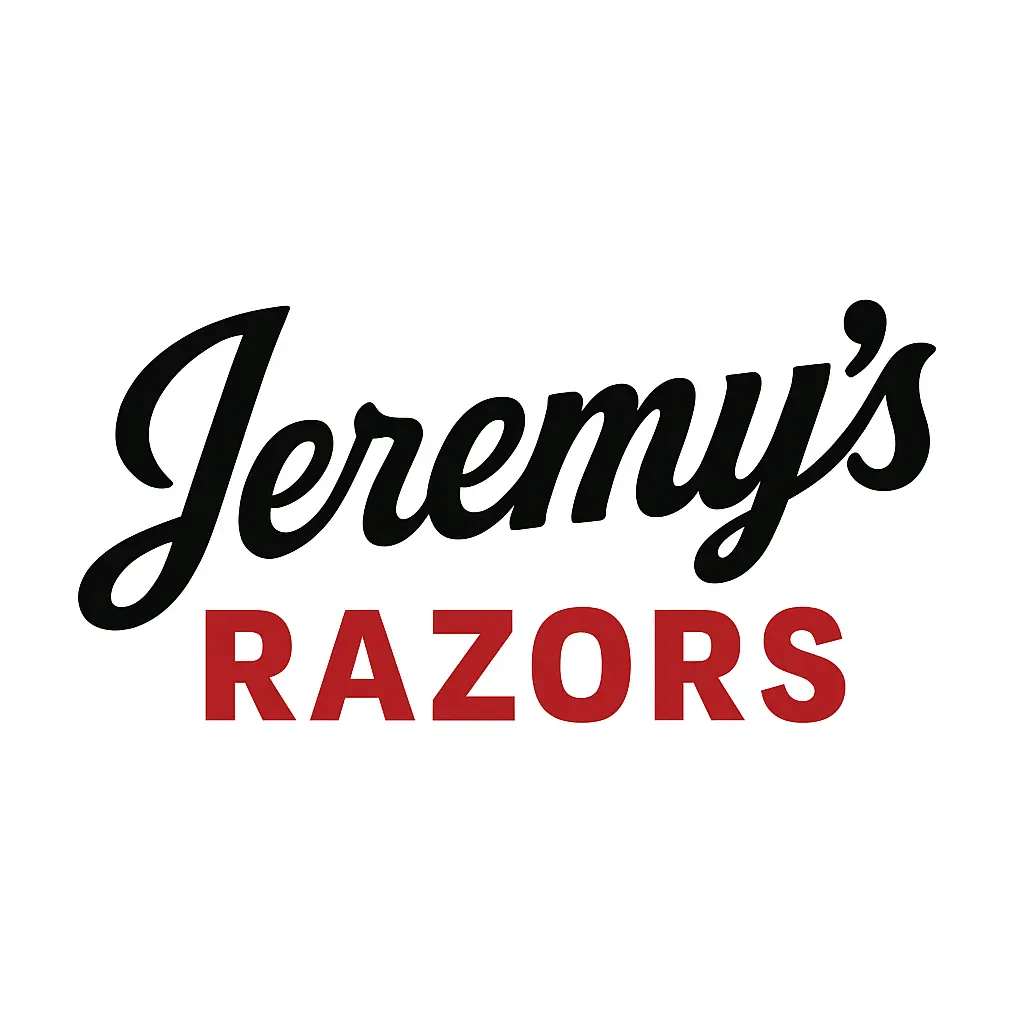Braun has long been known as a German-engineered brand for electric shavers, grooming tools, and appliances. Traditionally marketed on precision and quality, the company recently decided to take a detour into culture wars with an ad campaign that shocked many customers. Instead of showing off close shaves and high performance, Braun featured a transgender model with visible mastectomy scars shaving in front of the mirror.
The ad drew swift backlash, with critics arguing Braun was more interested in pushing social messaging than selling products. What should have been a straightforward pitch for grooming became a political flashpoint, leaving many wondering why a brand once trusted for its no-nonsense engineering is suddenly focused on activism. For consumers who just want a reliable shaver without a lecture, Braun’s new direction is yet another reminder of how even legacy brands can get caught up in woke marketing.










